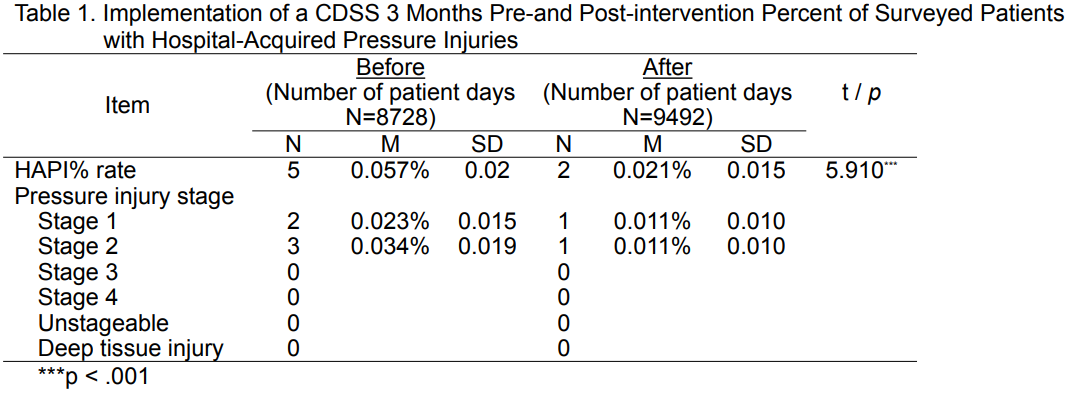Nursing Professional Development
Clinical Ladder
The department of Nursing in accordance with the Taiwan Nurses Association developed its clinical advancement system. For newly graduated nurses we offer a structured preceptor and mentee program to ensure successful transition. We encourages nurses to apply for clinical advancement following the clinical ladder criteria. The Department of Nursing provides opportunities, incentives and advocates promotion of professional growth through training, skills enhancement, and specialty certification. The advancement criteria are as follows:
The five levels of clinical advancement for nursing staff was established based on Benner's Novice to
Expert model (Table 1).
Table 1: Advancement conditions for clinical, professional, and essential capabilities.
| Rank |
Advancement conditions and essential capabilities |
N
(Novice) |
Staff with clinical work experience of <1 year |
N1
(Advanced beginner) |
Newly enrolled staff with 1 year of clinical work experience, completed training sessions of
clinical professional capability (level N1) and passed review tests (level N1), and can
carry out basic clinical care for patients |
N2
(Competent) |
Staff with 2 years of clinical work experience, completed training sessions of clinical
professional capability (level N2) and passed review tests (level N2), and can carry out
care for critically-ill patients |
N3
(Proficient) |
Staff with 3 years of clinical work experience, completed training sessions of clinical
professional capability (level N3) and passed review tests (level N3), and possess teaching
capabilities and capabilities to assist in department quality improvement |
N4
(Expert) |
Staff with 4 years of clinical work experience, completed training sessions of clinical
professional capability (level N4) and passed review tests (level N4), and possess teaching
capabilities, administration participation, and capabilities for the execution of department
quality cases |
Post Graduate Nurse Program
Taiwan Adventist Hospital (TAH) Department of Nursing offers 2 years post graduate progressive nursing
training with mentorship to support and ensure post graduate nurses (PN) success in becoming a
professional nurse. TAH Nursing Department training offers a qualified preceptor to train the PN. In
addition to the basic core training requirement, the training will also be flexible and adaptable to
individual learning needs. The training also offers evidence base practices, guideline, protocol, and
standard of practices that are unique and specific to patient population serviced at TAH.
Research:
Topic: Application of Clinical Decision Support System (CDSS) to improve prevention of
pressure injury
Abstract: With the advancement of information technology, the medical environment has
gradually introduced various information devices to enhance the quality of care. The Clinical Decision
Support System assists caregivers in providing individual patient care based on assessment and promptly
provides appropriate empirical evidence supported care guidelines to help improve medical quality and
patient safety.
TAH Information Technology Nurse (ITN) compared the nursing process before and after the application
CDSS to prevent pressure injury. CDSS proved to be effective by identifying patient specific prevention
nursing plan of care, as result the incidence of hospital-acquired pressure injury was decreased from
0.057% to 0.021% (p < 0.001). Furthermore, there was nursing pressure ulcer injury prevention
documentation compliance rate improved from 88.9% to 99.9% (p < 0.001).
Show data outcome graph.

Improving the education level of nurses
TAH Nursing Department recognized and value the importance of being a professional nurse, nurses
should
pursue to obtain nursing advance degree. Once the post graduate nurse successfully obtained nursing
license and past probation evaluation, the nurse will be eligible for application with the Nursing
Department for advance education degree. Nursing Department has signed an agreement with Chang Gung
University of Science and Technology as the University of choice for affiliation, with the following
specifications:
- Nurses need to submit an application to obtain clinical internship credit based on number of
years of experience, thus can reduce the timeline to obtain the degree.
- Chang Gung University of Science and Technology conducts classes at the hospital for staff
convenience.
- All staff is eligible for internship at own hospital in a different unit from current employed
unit.
- Various nursing units must support and assist in scheduling shifts for nurses who are enrolled
in the program.
The nursing department has designed a comprehensive program to advocates nurses to pursue advance
degree, with subsequent recognition once degree obtained.
